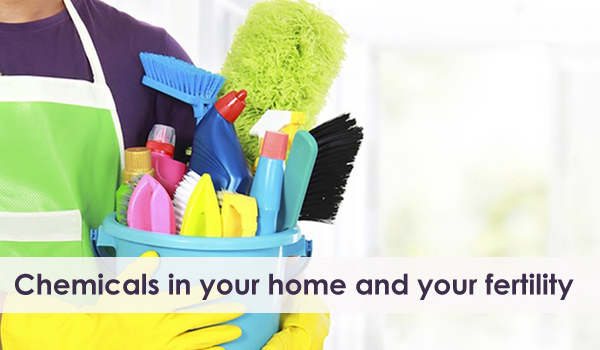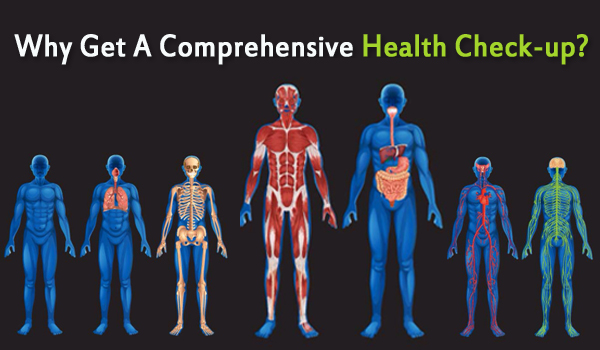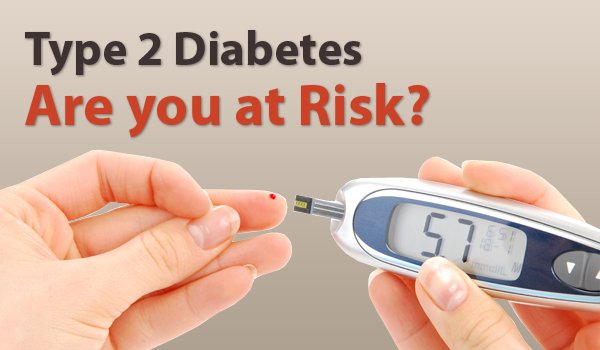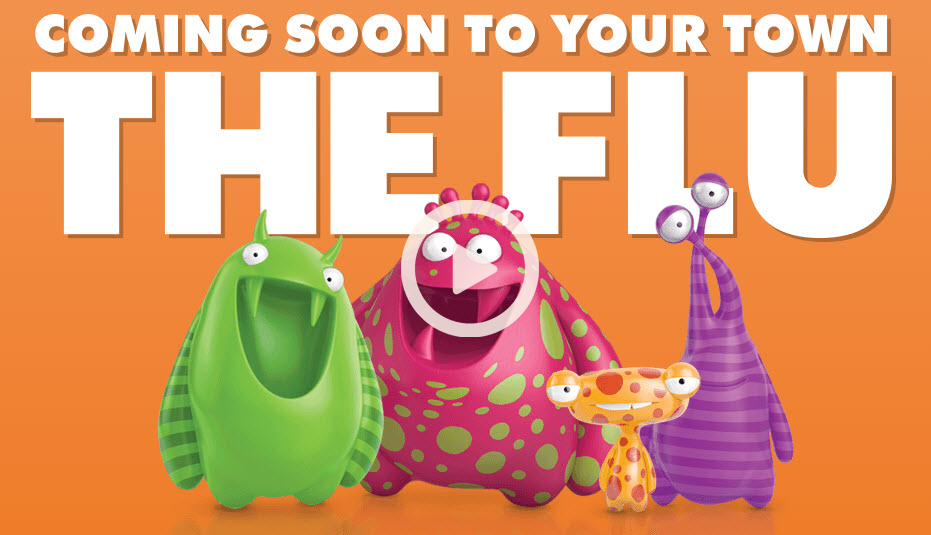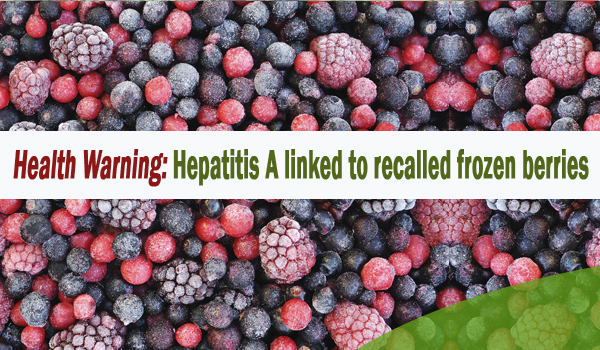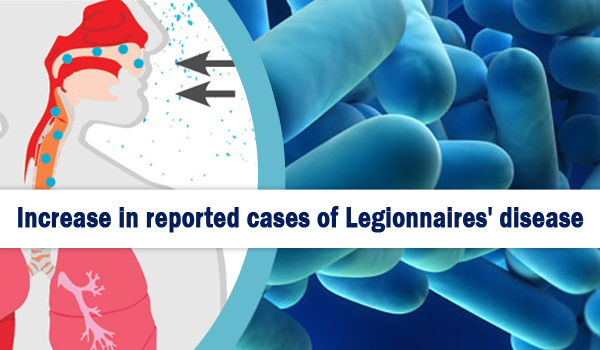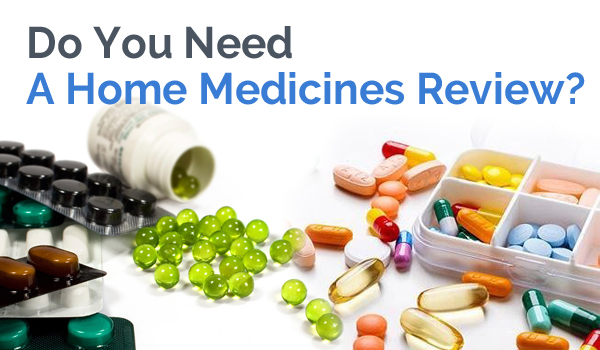In daily life, we can encounter many different chemicals through the products we use, the food we eat, and the air we breathe.
Studies show that a particular group of chemicals called endocrine disrupting chemicals (EDCs) can affect sperm and egg quality and, therefore, a person’s chance of having a baby. Some of the most common EDCs include BPA (Bisphenol A), phthalates and parabens.
Around 95 percent of people have EDCs in their bodies but, according to research, people who struggle to conceive have higher levels of some EDCs. It is also known that higher levels of some EDCs decrease the chance of pregnancy among couples who use assisted reproductive technologies such as IVF.
While the effects of EDCs are subtle, it is important to understand what you can do to reduce your exposure to these chemicals – especially if you are thinking about having a baby.
Reducing the chemicals in your food
For some time we have been told it is important to wash fruit and vegetables because of the chemicals that may have been sprayed on them as they were growing. EDCs may be found in these sprays, so washing fresh produce thoroughly can help reduce your consumption of some of these chemicals.
EDCs are also present in the material used to coat the inside of food cans as well as in the plastic food packaging. So, wherever possible, it best to avoid processed or pre-packaged food and read the labels on all food products so as to avoid those with additives, preservatives, and anti-bacterial agents.
Oily fish, including salmon, tuna, sardines and fatty meats may also contain higher quantities of EDCs, particularly in the fatty part of the animals. Limiting how much and how often you eat these types of fish or meat is another way of reducing your intake of EDCs.
Thinking about how you heat your food
Plastic ‘takeaway’ containers cling wrap and foil contain EDCs that are absorbed into food when heated, especially if the food is fatty. It is, therefore, very important not to heat food in these soft plastic containers or when covered with cling wrap or tin foil, either in the oven or microwave.
Alternatively, try heating food in China or glass – and covering these dishes with a paper towel or plate instead. It is also important to keep in mind that plastic containers which are advertised as ‘BPA free’ may contain other EDCs such BPS (Bisphenol S) which can be just as harmful.
Avoid plastic bottles
EDC-containing plasticisers are used to make the plastic bottles in which most drinking water and soft drinks are sold. Drinking water or soft drinks from glass or hard plastic bottles rather than soft ones reduce your intake of these chemicals. It is particularly important to avoid drinking from disposable water bottles which have been sitting in the hot sun as the water will have absorbed significant levels of EDCs from the plastic.
Throw out those sales receipts
The shiny surface covering sales receipts contains BPA so, if you can, avoid handling these receipts (especially with wet fingers) and throw out all those old copies at the bottom of your bags.
Keep the air fresh at home
Air fresheners, smoke, strong chemicals, heavily perfumed products, plastic smells, and fumes all contain harmful EDCs. Bottom line: if you can smell something it means the chemicals are in high concentration. The best approach is to air your home frequently to reduce your chance of breathing in chemical particles.
Choosing ‘green’ options
Many household products can contain EDCs, including detergents, hand sanitizers, cleaning agents, and carpet cleaners. These chemicals can also be found in glues, paints, and varnishes. As a result, consider reducing your exposure to EDCs by replacing strong household cleaning products with ‘green’ alternatives wherever they are available.
When working in the garden, consider avoiding harmful pesticides and herbicides and, if possible, choose ‘green’ gardening products.
Personal care items and cosmetics
Personal care products like shampoos, conditioners, hair colourings, cosmetics and body washes can contain EDCs known as parabens. Choosing products free of parabens can help lower your intake of harmful chemicals.
While all of this may seem overwhelming, it is important not to worry but to remember that simple changes can make a big difference in decreasing your daily exposure to EDCs. Knowing where harmful chemicals can be found and what you can do to avoid them is the first step towards improving your health and your chances of having a baby.
Source: betterhealth.vic.gov.au

